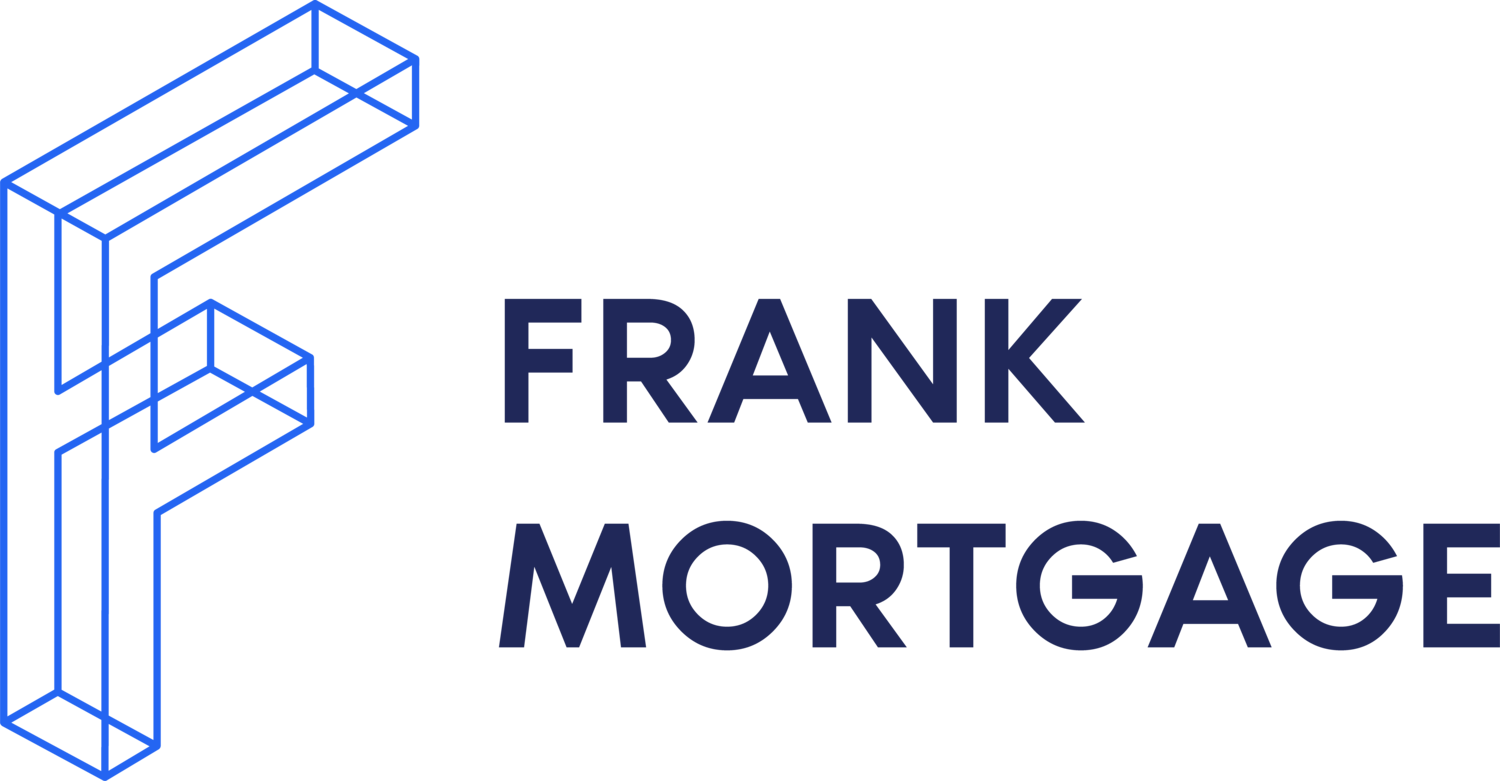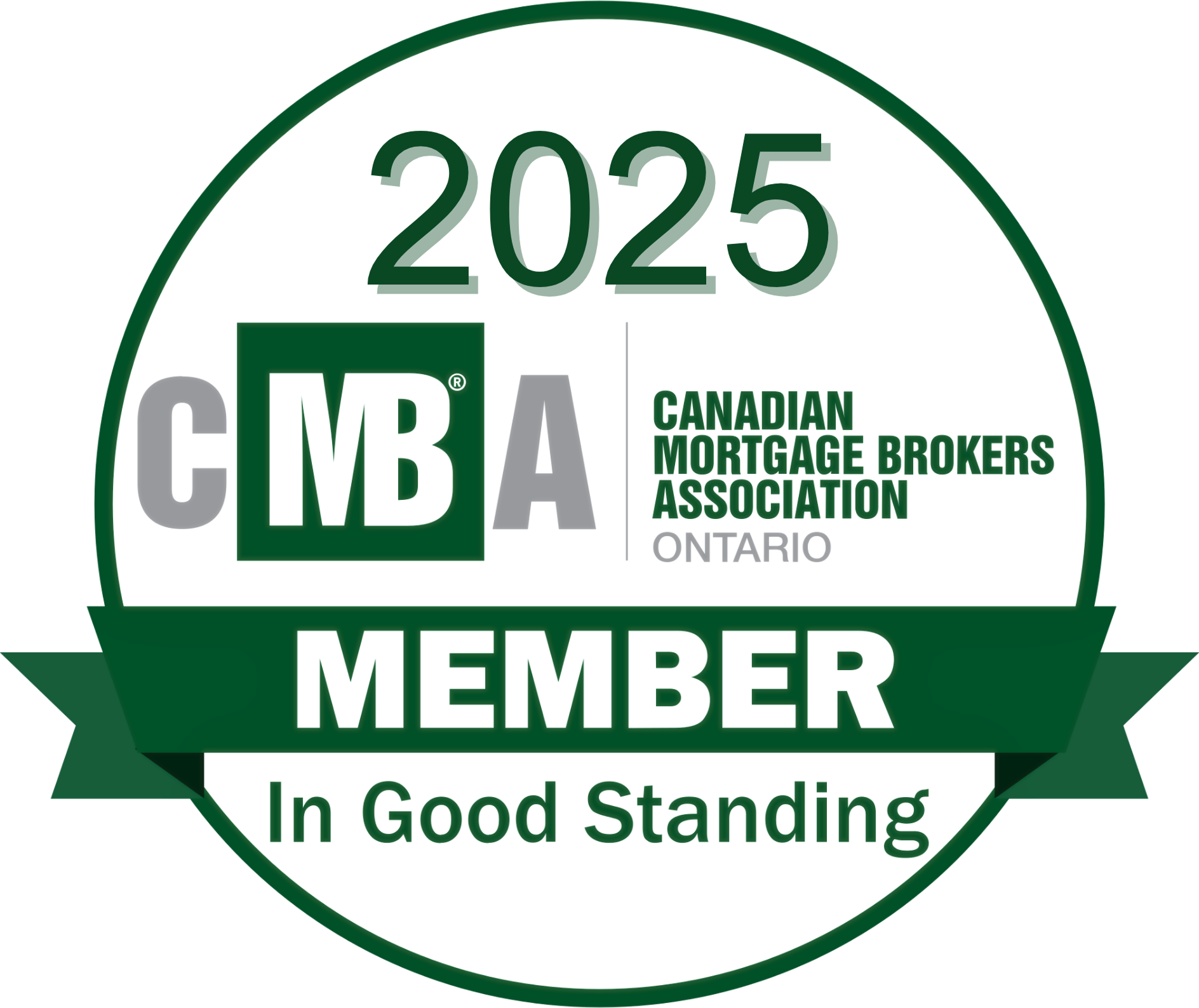Why Does the Prime Rate Change? Factors That Influence It

The prime rate in Canada is a key benchmark that influences mortgage rates, lines of credit, and business loans. It serves as the foundation for variable interest rates, directly impacting borrowing costs. If you’ve been following mortgage rates, you’ve likely seen fluctuations in the current prime rate in Canada—but what drives these changes?
Understanding the factors behind prime rate adjustments can help homeowners and borrowers make informed financial decisions. Here’s what you need to know about why the Canadian prime rate changes and how it affects you.
What Is the Prime Rate and Why Does It Change?
The prime rate is the interest rate that major banks charge their most creditworthy clients, serving as a base rate for variable-rate mortgages, home equity lines of credit (HELOCs), and personal or business loans.
Key Factors Influencing the Prime Rate
Several economic and financial factors contribute to why the prime rate changes over time:
1. The Bank of Canada’s Overnight Rate
The Bank of Canada (BoC) overnight rate is the primary driver of changes to the prime rate. This is the interest rate at which banks lend money to each other overnight.
- If the BoC raises the overnight rate, borrowing becomes more expensive, and banks increase their prime rates.
- If the BoC lowers the overnight rate, borrowing becomes cheaper, and prime rates decrease.
The Bank of Canada’s monetary policy is designed to control inflation and stimulate economic growth. This makes BoC rate announcements critical to watch when planning mortgage financing.
➡ Related: Learn how the Bank of Canada’s decisions impact mortgage rates.
2. Inflation and Economic Conditions
Inflation plays a major role in prime rate adjustments. The Bank of Canada aims to keep inflation around 2% to ensure economic stability.
- When inflation is high, the BoC increases rates to slow down spending, leading to a higher prime rate in Canada.
- During economic downturns, the BoC may cut rates to encourage borrowing and spending, lowering the prime rate.
Other economic factors, such as GDP growth, employment levels, and consumer spending trends, also influence rate decisions.
3. Bond Market Trends and Mortgage Rates
While the prime rate mainly affects variable-rate mortgages, the Canadian bond market impacts fixed-rate mortgages—but it also plays an indirect role in the prime rate.
- Higher bond yields signal expectations of rising interest rates, influencing lenders to adjust their rates.
- Lower bond yields often indicate lower borrowing costs and the potential for prime rate reductions.
Keeping an eye on government bond trends can provide insight into future interest rate movements.
4. Global Interest Rate Trends
Canada’s financial system is interconnected with global markets, meaning interest rate decisions by major central banks—especially the U.S. Federal Reserve—can impact the Canadian prime rate.
If the Federal Reserve raises rates, the Bank of Canada may follow to stabilize the exchange rate and control inflationary pressures. Similarly, global economic downturns can push Canadian rates lower.
5. Consumer and Business Lending Demand
The demand for loans and credit also influences the prime rate.
- When consumer borrowing is high, banks may increase rates to manage demand and risk.
- If borrowing slows, banks may lower the prime rate to stimulate lending and economic activity.
This factor plays a bigger role during economic booms or recessions as financial institutions adjust their lending strategies.
How Prime Rate Changes Affect You
Impact on Mortgages and Loans
Changes in the current prime rate in Canada directly affect homeowners, particularly those with variable-rate mortgages and HELOCs.
- If the prime rate rises, your monthly mortgage payments increase.
- If the prime rate drops, borrowing becomes more affordable.
For those looking to buy a home, renew a mortgage, or refinance, understanding prime rate trends is essential for securing the best mortgage rates.
📌 Tip: Locking in a mortgage rate in advance can help protect against rising rates. Some lenders allow rate holds for up to four months.
Current Prime Rate in Canada and Mortgage Trends
As of March 12th, 2025, the current prime rate in Canada is 4.95%. Recent Bank of Canada rate cuts have led to a decline in mortgage rates, creating opportunities for homeowners.
With ongoing economic uncertainty and potential trade tensions with the U.S., borrowers should consider securing rates early to avoid future increases.
Latest Mortgage Rates at Frank Mortgage
| Mortgage Term | Rate (%) |
|---|---|
| 5-Year Fixed | 3.94% |
| 5-Year Variable | 4.40% |
| 3-Year Fixed | 3.87% |
| 2-Year Fixed | 4.39% |
Conclusion: Stay Ahead of Prime Rate Changes
The Canadian prime rate is influenced by multiple factors, including monetary policy, inflation, global trends, and lending demand. Staying informed can help borrowers make better financial decisions when purchasing a home, renewing a mortgage, or refinancing.
📌 Need expert mortgage advice?
Frank Mortgage simplifies the mortgage process, offering competitive rates and expert guidance to help you secure the best financing options.
✔ Explore your mortgage options today.
📞 Call us at
1-888-850-1337
🌍
Visit Frank Mortgage
Disclaimer
The information provided in this article is for general informational purposes only and does not constitute financial, mortgage, or legal advice. Interest rates, market conditions, and lending criteria are subject to change without notice. While we strive to provide accurate and up-to-date information, we recommend consulting with a qualified mortgage professional or financial advisor to assess your specific situation before making any mortgage or loan decisions. Frank Mortgage is not responsible for any actions taken based on the information provided in this article. Please refer to official sources such as the Bank of Canada and mortgage lenders for the latest rate updates and financial regulations.
About The Author

Don Scott
Don Scott is the founder of a challenger mortgage brokerage that is focused on improving access to mortgages. We can eliminate traditional biases and market restrictions through the use of technology to deliver a mortgage experience focused on the customer. Frankly, getting a mortgage doesn't have to be stressful.
Related Posts






